Looking Back on the I.S.B.E. Community Partnerships Grant
Haniyyah King and Allison Herman teach an education.
In July of 2022, Hope for the Day announced that we were a proud recipient of the Illinois State Board of Education Community Partnerships Grant. This grant has allowed us the opportunity to provide free mental health education sessions and proactive suicide prevention programming in private and public schools across Illinois.
Over the course of the grant, we held 336 mental health education sessions across 90 schools. During those education sessions, we educated over 14,000 people, including students, parents, teachers and faculty. Additionally, we held 37 tabling sessions, where we interacted with over 8,000 students, and distributed resources.
“If 22,000 people know that ‘It's Ok Not To Be Ok,’ I think that's pretty incredible,” Kira Berkoff, Education Project Specialist at Hope for the Day, said.
Berkoff has worked mainly behind the scenes on the grant scheduling each education session, sending informational emails to the education team, and being the to-go go-between for Hope for the Day and the schools we’re serving.
For Berkoff and Hope for the Day’s education team, it’s not just about the impressive stats. This work is personal.
Maria Curiel passes out a wristband to a student.
“My mental health journey started pretty young and I didn't have the language or tools to explain my head or heart,” Berkoff said. “I felt scared and alone. If someone had come into my school who looked and sounded like us and gave our presentation, I'm genuinely curious how different my life would be.”
Hope for the Day’s Director of Education Allison Herman echoed the sentiment. For her, this work means getting to be the resource that she didn’t have in school. She reflected on her community’s struggles with mental health and the folks that they lost to suicide during her time in junior high.
“Nobody was encouraged to talk about it, and there was so much stigma wrapped up in any discussion we tried to have,” Herman said. “It's really healing to give students, teachers, and guardians these practical tools and skills that my community never had when I was growing up.”
At the end of the day, this is life-changing information and life-saving resources.
The education team shared one specific instance where they taught an education not unlike the 335 other sessions taught throughout the grant. But after this particular education session in this particular school, community members from the school took what they learned and used it to recognize shifts in a student’s behavior. This student needed help.
Thanks to their early intervention, the student was able to get the help they needed and be placed in a safe and supportive environment.
It was our mental health education that gave this student’s support system the tools and confidence needed to intervene. These are tangible changes and outcomes that come with people being more informed about mental health and how to support their community.
The significance of stories like that cannot be overstated, but they’re just as important as the little moments. These brief instances may go unnoticed by some, but not by Education Instructor Maria Requena.
“I've seen students tear up, students unload and reach out for help, teachers and parents feel more grounded and connected to each other, influenced by the education in a positive way,” Requena said.
Each question asked, story shared, and moment of understanding comes together to create a huge impact. These conversations are spreading hope to the next generation.
“It has taught a new generation helpful information for their future,” Haniyyah King, an Education Instructor at Hope for the Day said.
King has taught many of those 336 sessions and interacted with many of those 22,000 people alongside her colleagues Requena and Bilingual Education Coordinator Maria Curiel.
Curiel has also been one to notice those little moments. For her, they represent students opening up about their mental health and considering how it impacts their life. In some cases, this is the first time they’ve ever taken the time to do this.
“It feels like sometimes, the first time for someone to really open up or dive deep down to reflect is during our presentation,” Curiel said.
Maria Requena teaches a mental health education session.
We know everyone’s mental health journey moves at a different pace and not everyone has had access to the information and resources they’ve needed. This is why we work to make these conversations as accessible as possible.
We avoid using confusing medical jargon and instead use simple analogies and stories to explain complex ideas. Our programming takes the abstract concept of mental health and brings it into the practicality of the day-to-day to help everyone we can, particularly in our home of Chicago.
“It has impacted Chicago in the most helpful way of peer-to-peer understanding and acknowledgement of mental health being an important conversation in all communities,” King said.
While this grant is over, our work in the community isn’t.
Our dedication to providing this vital information to as many people as we can remains the same. We truly value the connections made over the course of this grant, and, according to Requena, the feeling is mutual.
“People remember us warmly, especially if we get to go back to a school we've worked with in the past, because they value the same thing we do — empathetic mental health care and education,” Requena said.
More information about Hope for the Day’s continued work in schools and colleges can be found here. If you are a student, teacher, or parent and would like to see Hope for the Day come to your school, please reach out!



